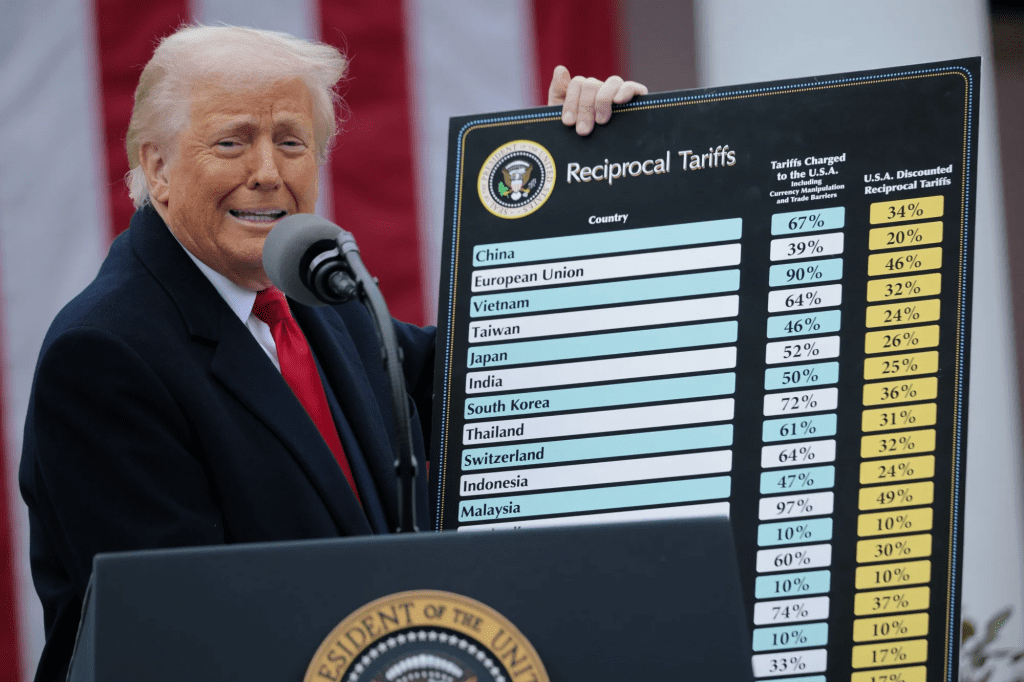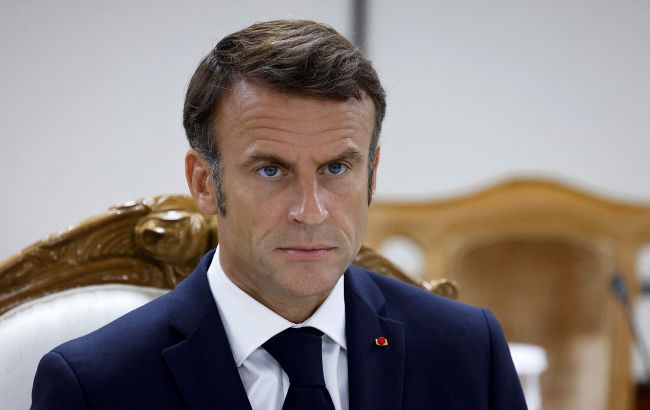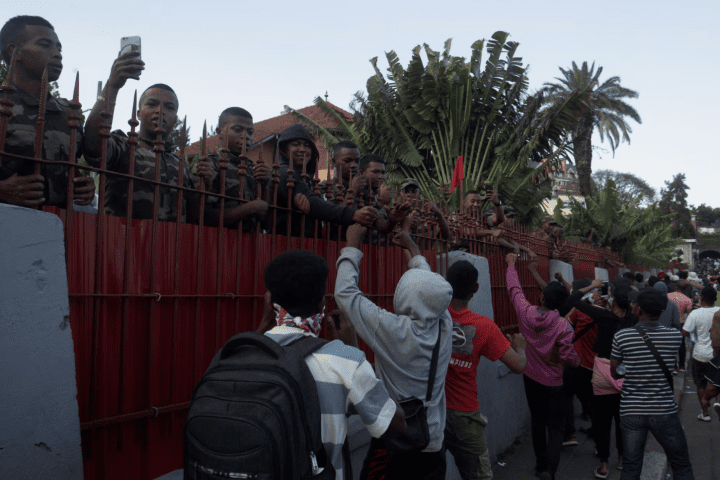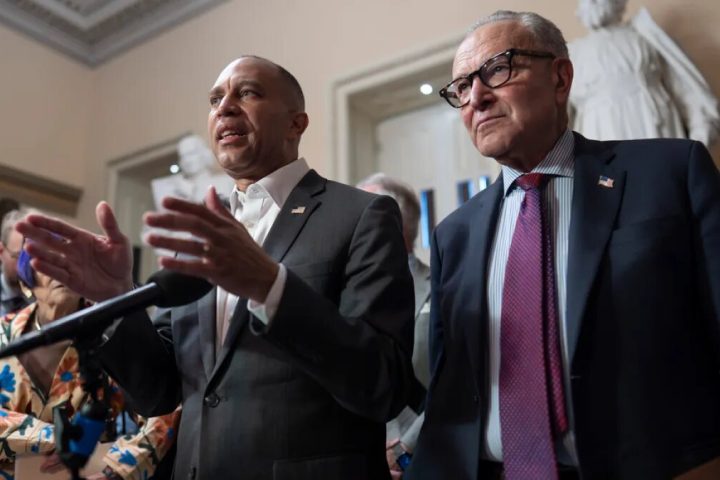US President Donald Trump has announced new tariffs: 100% on branded drugs, 50% on furniture and 25% on trucks. The decision has drawn criticism from allies and sent stocks plunging.
Trump imposes new tariffs on drugs, furniture and trucks

US President Donald Trump has announced the introduction of large-scale tariffs on imported goods, which will take effect on October 1. These include a 100% tariff on branded pharmaceuticals, a 50% tariff on kitchen cabinets and furniture, and a 25% tariff on heavy-duty trucks.
According to Trump, this is a step to protect American manufacturers and “national security”. However, economists warn that the decision could increase inflationary pressures and complicate international trade.
Markets and allies react
The news sent pharmaceutical stocks in Asia reeling, with Australia’s CSL falling to a six-year low, Japan’s Sumitomo Pharma down more than 3%, and biotech indexes in Hong Kong and India down more than 1%.
Vietnam, one of the largest furniture suppliers to the US, called the decision “unfair.” Australia and Japan, which are currently assessing the impact of the new tariffs under existing trade agreements, made similar assessments.
Pharmaceuticals under attack
The new rules will only exempt companies that are already building plants in the US. Industry associations warn that this could halt hundreds of billions of dollars in investment.
More than half of the ingredients for US drugs are already produced locally, but reliance on imports from Europe and Asia remains high.
Furniture and Trucks: A Hit for Consumers
Furniture imports to the U.S. in 2024 were $25.5 billion, with 60% coming from Vietnam and China. Trump said the tariffs would help “bring the furniture business back” to North Carolina, South Carolina and Michigan.
For heavy-duty trucks, the biggest hit will be to Mexico, a major supplier where production often includes up to 50% American parts. Experts warn that the new tariffs will increase transportation costs and product prices.
Politics or economics?
The new tariffs are a continuation of Trump’s policy of using tariffs as a tool of pressure and negotiation in international politics. Despite criticism from allies, the White House says it plans to collect up to $300 billion in tariffs by the end of the year.
Related: Vietnam seeks new trade deals to cushion blow from US tariffs











